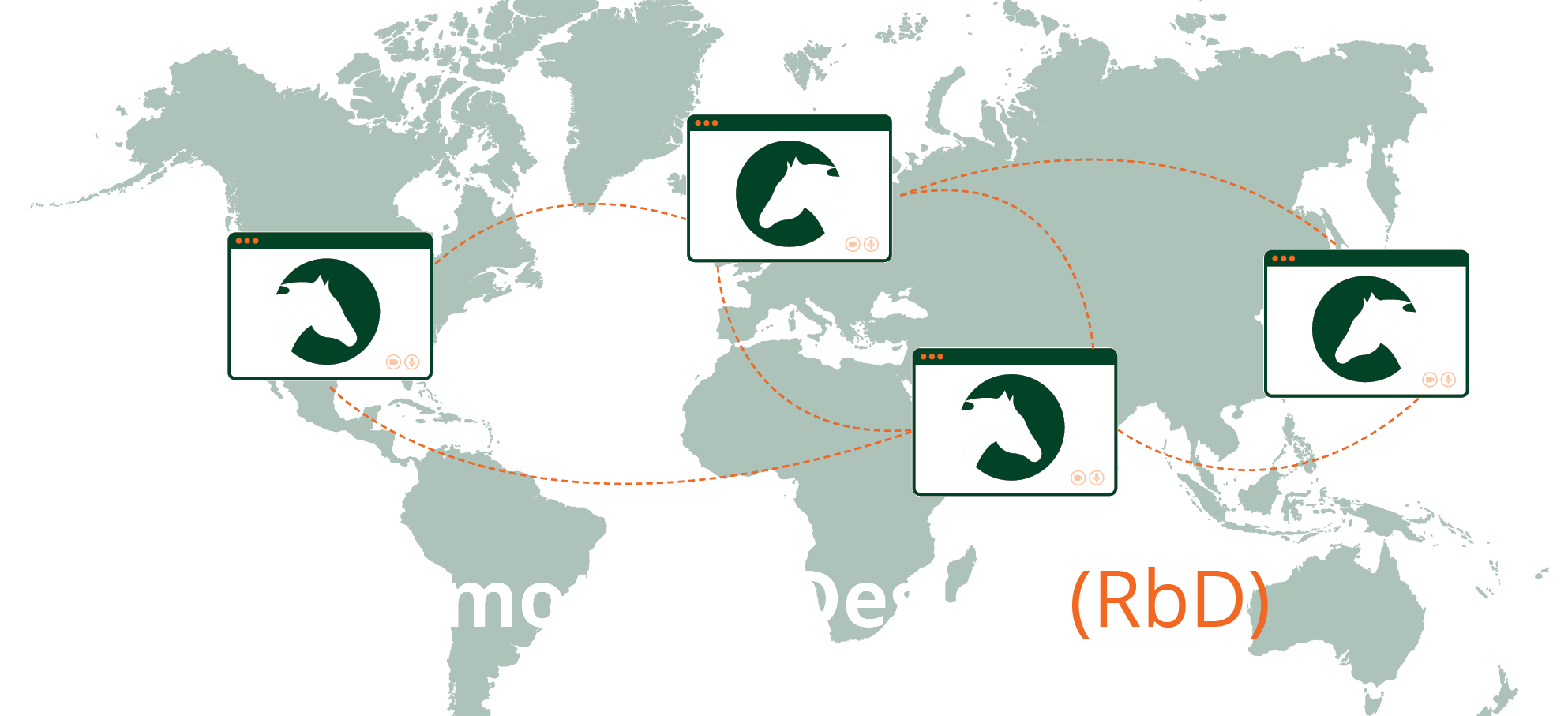
Our team of experts are here to help you tackle the complexities of Cell and Gene Therapy.
Accelerating cell and gene therapies through unmatched expertise.
Since our founding in 2014 we have remained focused on the field of cell and gene therapy (CGT). Over the years, the range and depth of the collective strategic and tactical knowledge of DHC’s hand-picked consulting team has grown rapidly. Today that knowledge spans a range of development, regulatory, and business strategy offerings. We apply best practices from across this and other industries to address the varied needs of our clients, who range from biopharmaceutical companies to tools & tech providers to venture capital and private equity investors.
All our services are á la carte, providing as much or as little support as each client requests so as to effectively complement the existing expertise and bandwidth of each in-house team. Our customized offerings extend across all manufacturing and process development functions, analytical development and quantitative modeling offerings, quality systems and global regulatory support, device development, nonclinical development, and project & program management, in addition to market research and financing & diligence.
Discover more about our range of service offerings, our unparalleled team of experts, our values, and why we have chosen to build a consulting practice that is Remote by Design. If you wish to review some examples of how we’ve helped clients to successfully tackle the unique challenges of this exciting young field, you may also wish to visit our selection of case studies, located at the bottom of our Core Comparabilites section. To request an initial consultation, simply click the "Request Consultation" button at the top of any page of our site to fill out a consult request form. We look forward to working with you.
These values correspond to our full name: Dark Horse Consulting Group. If you’re a Dark Horse (past, present, or future), these likely encapsulate who you are as well as the culture in which you like to work.
…have a sense of urgency.
.…are solutions-driven.
…are passionate about exceeding expectations.
…are collaborative.
…are active listeners (we listen to hear, not just to respond)
…give credit where credit is due and thank others for their contributions.
…do the right thing.
…hold ourselves accountable.
…are reliable.
…are transparent.
…tell the truth.
…acknowledge what we don’t know.
Dark Horse is “Remote by Design” (RbD), meaning that our team members are distributed across the globe, on purpose. Being location-agnostic allows us to seek out top talent, but it also means that we have a range of cultural fluency. Critically, we’re also versed in variations across global regulatory bodies.
Check out our careers